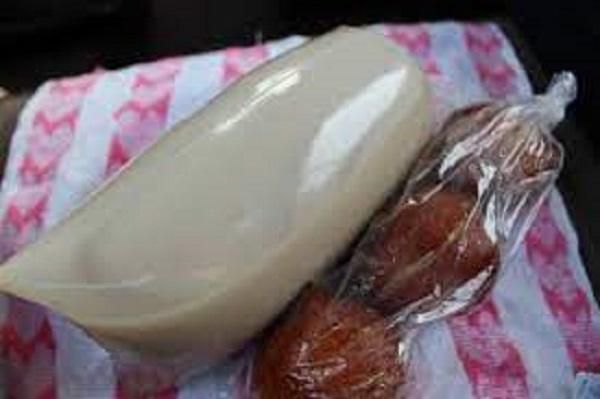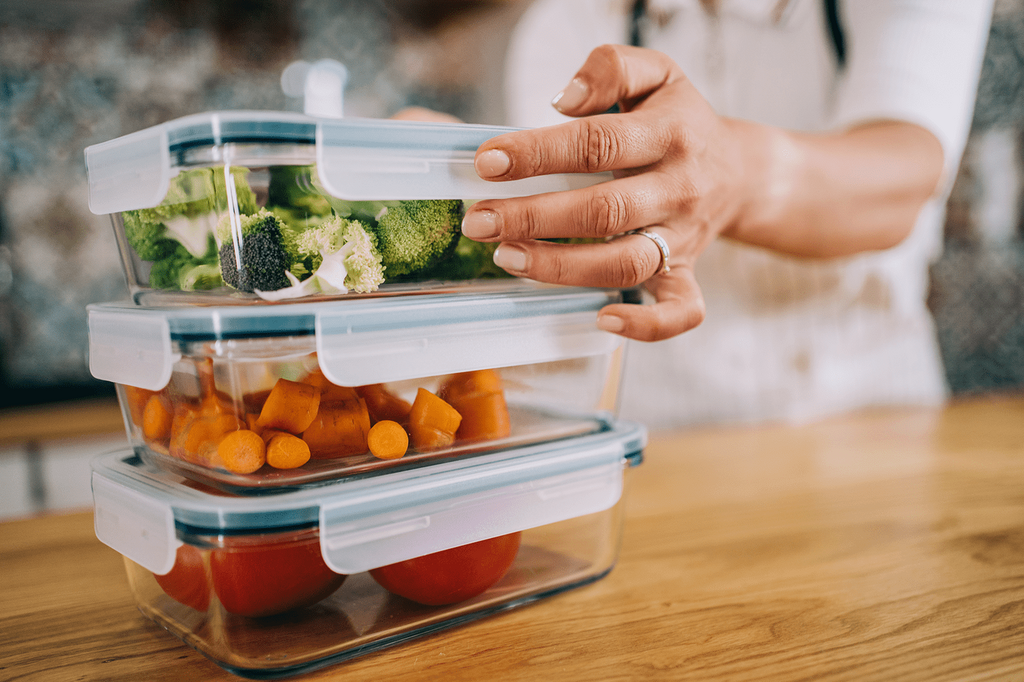While this practice might seem convenient and practical for preserving or transporting food, it can actually pose significant health risks. Here’s why putting hot foods in plastic is hazardous and what you should consider instead:
1. Release of harmful chemicals
When hot food comes into contact with plastic, the heat can cause the plastic to break down and release harmful chemicals into the food. Many plastics contain substances like BPA (Bisphenol A) and phthalates, which can leach into food at high temperatures.
These chemicals have been linked to various health issues, including hormonal imbalances, reproductive problems, and an increased risk of certain cancers.
2. Risk of toxic contaminants
Not all plastic containers are made to withstand high temperatures. When non-food-grade plastics are used to store hot food, they can release toxic contaminants that are unsafe for human consumption.
These contaminants may include lead, cadmium, and other heavy metals that pose serious health risks over time.
3. Contamination by plastics
Heating plastic can cause it to degrade, leading to the release of microplastics. These tiny plastic particles can end up in your food and, when ingested, can accumulate in the body.
The long-term health effects of microplastic consumption are still being studied, but preliminary research suggests potential risks to human health, including inflammation and interference with the body's natural processes.

4. Altered taste and odour
- Storing hot food in plastic can also affect the taste and odour of your food. Chemicals released from heated plastic can impart an unpleasant taste or smell to the food, making it less appetising and possibly unsafe for consumption.
Tips for safe food storage
- Let food cool down: Allow food to cool down slightly before transferring it into any container. This reduces the risk of chemical leaching and helps maintain food safety.
- Check for food-grade labels: Always use containers that are labelled as food-safe and BPA-free, especially for hot food storage.
- Avoid using plastic wrap: Plastic wraps can also release chemicals when they come into contact with hot food. Use alternatives like wax paper or aluminium foil, which are safer options.

While it may be common practice to store hot foods in plastic containers or bags for convenience, it is essential to be aware of the potential health risks involved.
Go for safer alternatives like glass, stainless steel, or food-grade silicone can help prevent the release of harmful chemicals and ensure that your food remains healthy and safe to eat. By making these small changes, you can protect your health and enjoy your favourite foods without compromising safety.

)
)
)
)
)
)
)